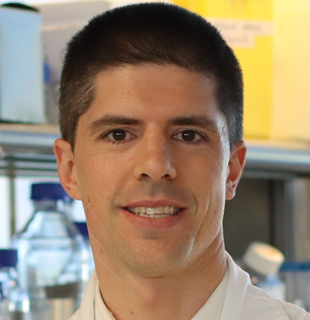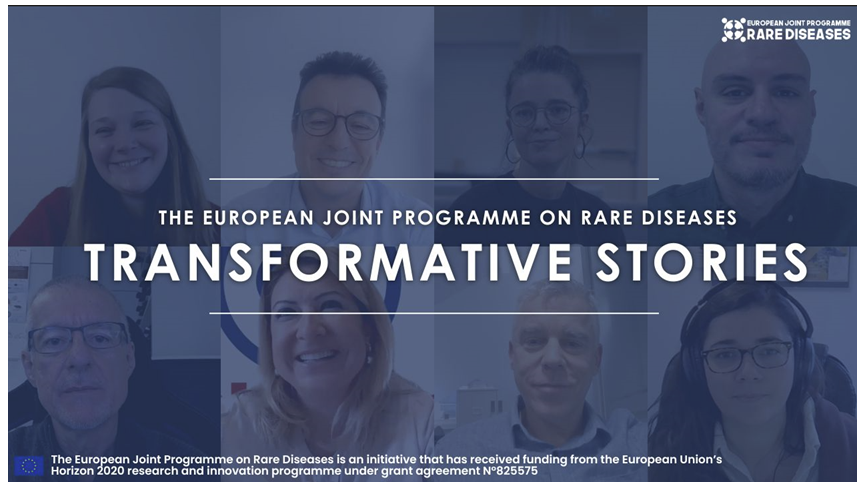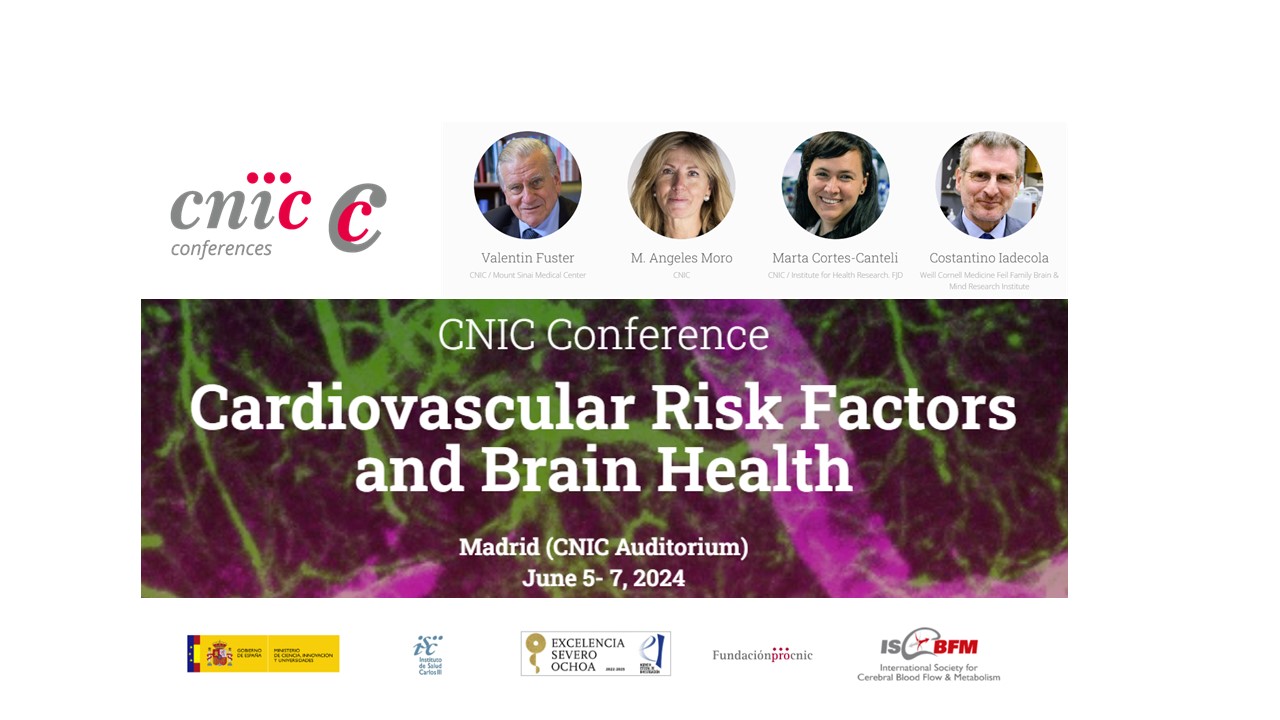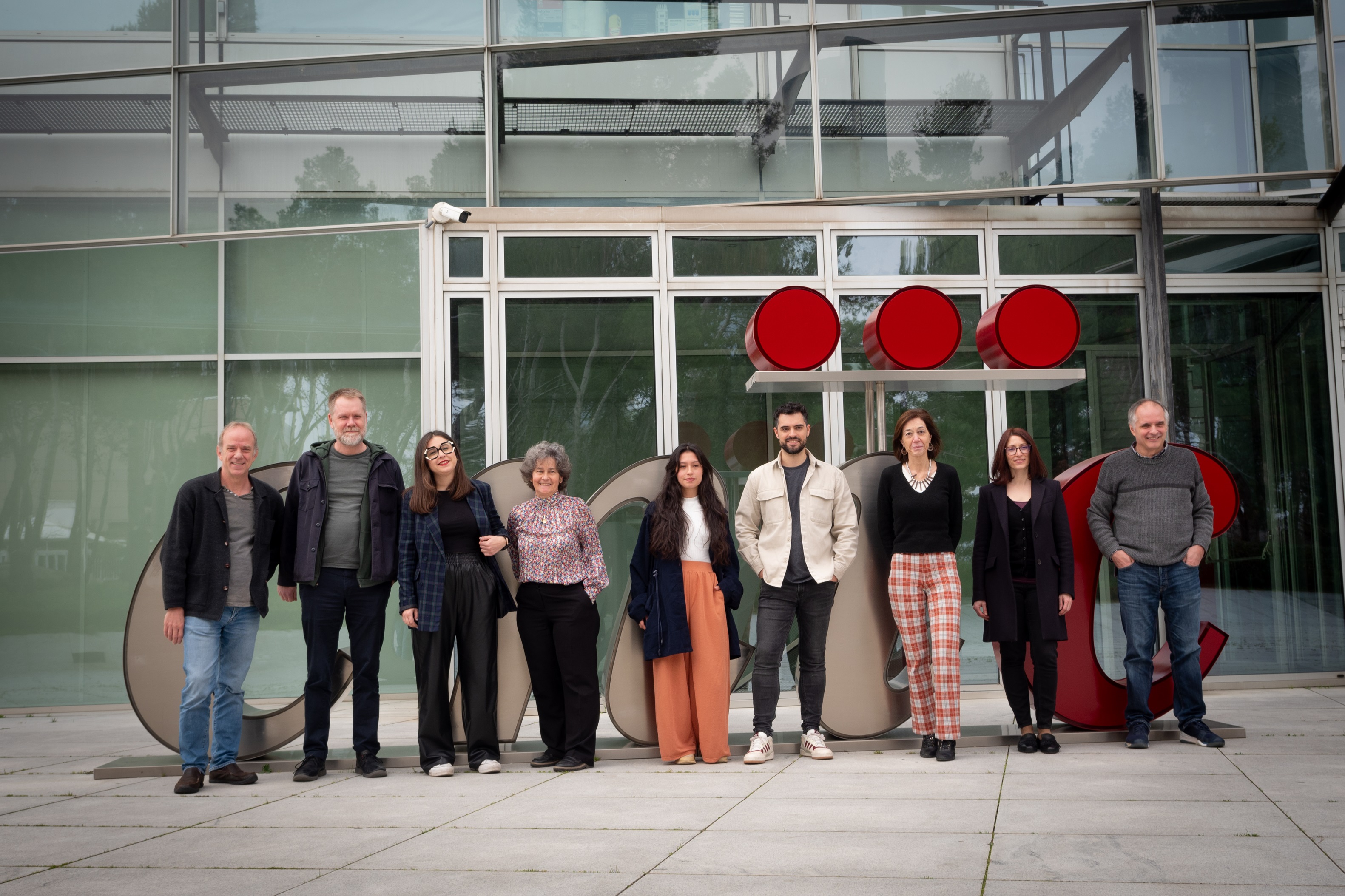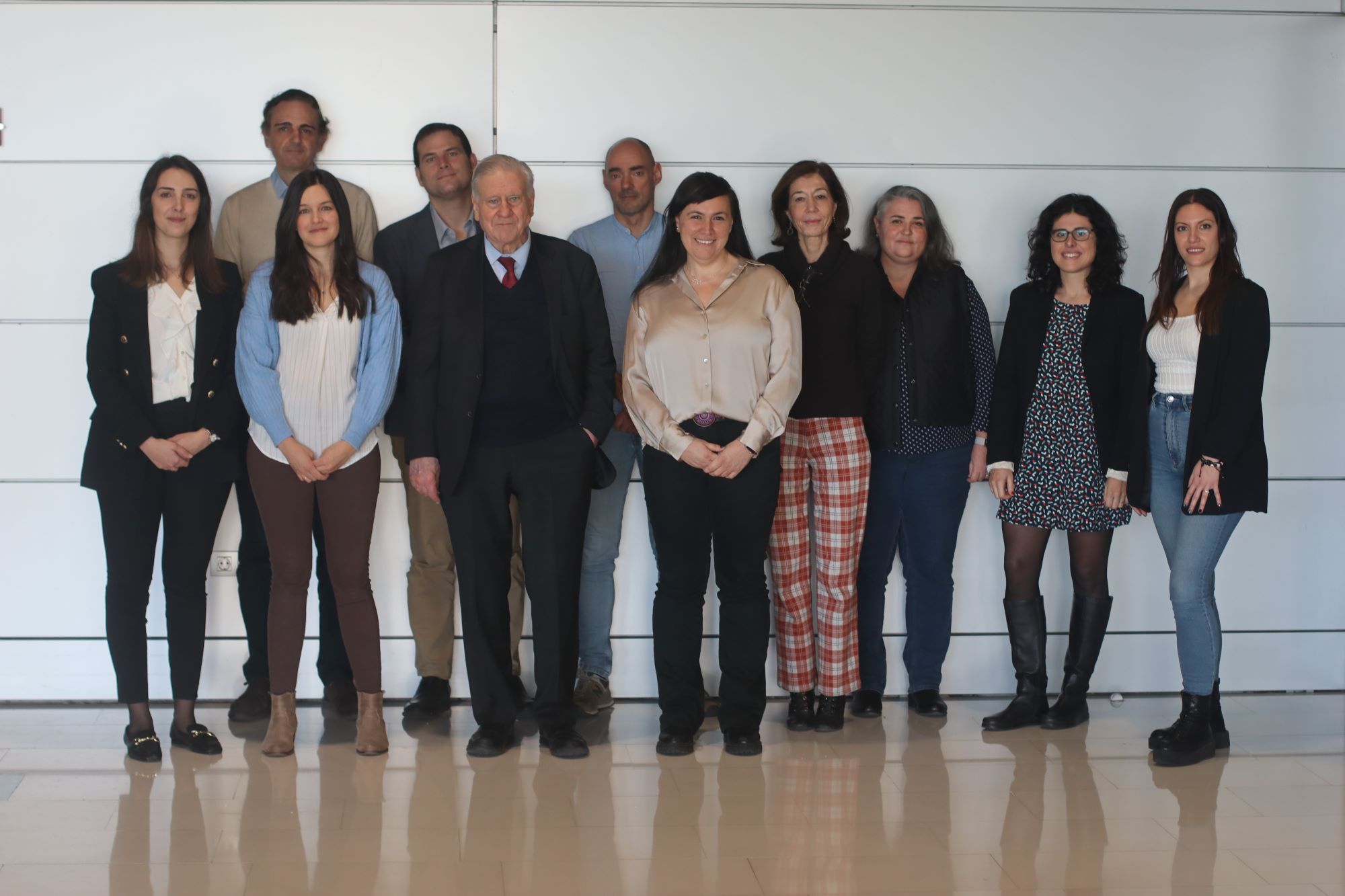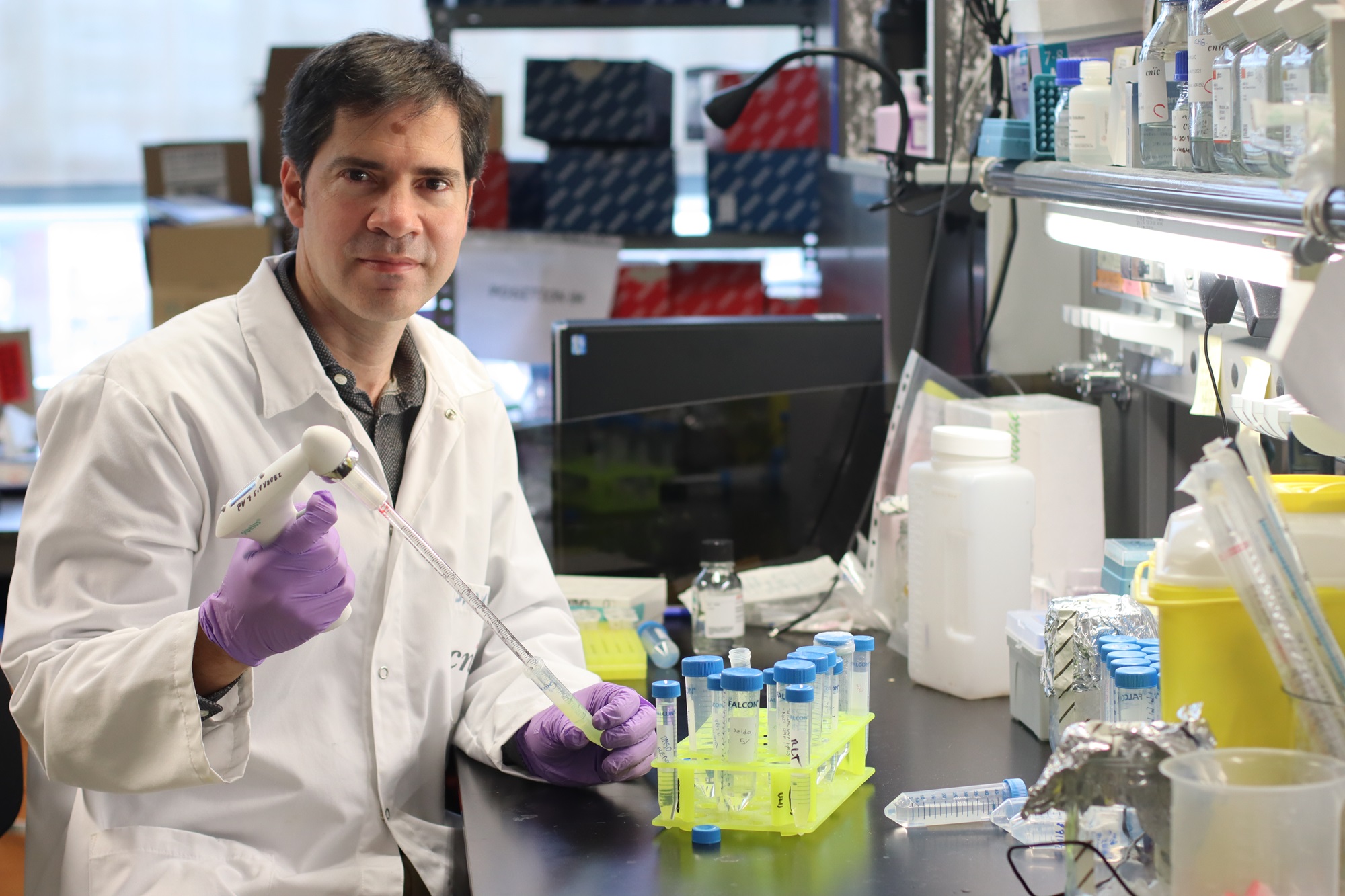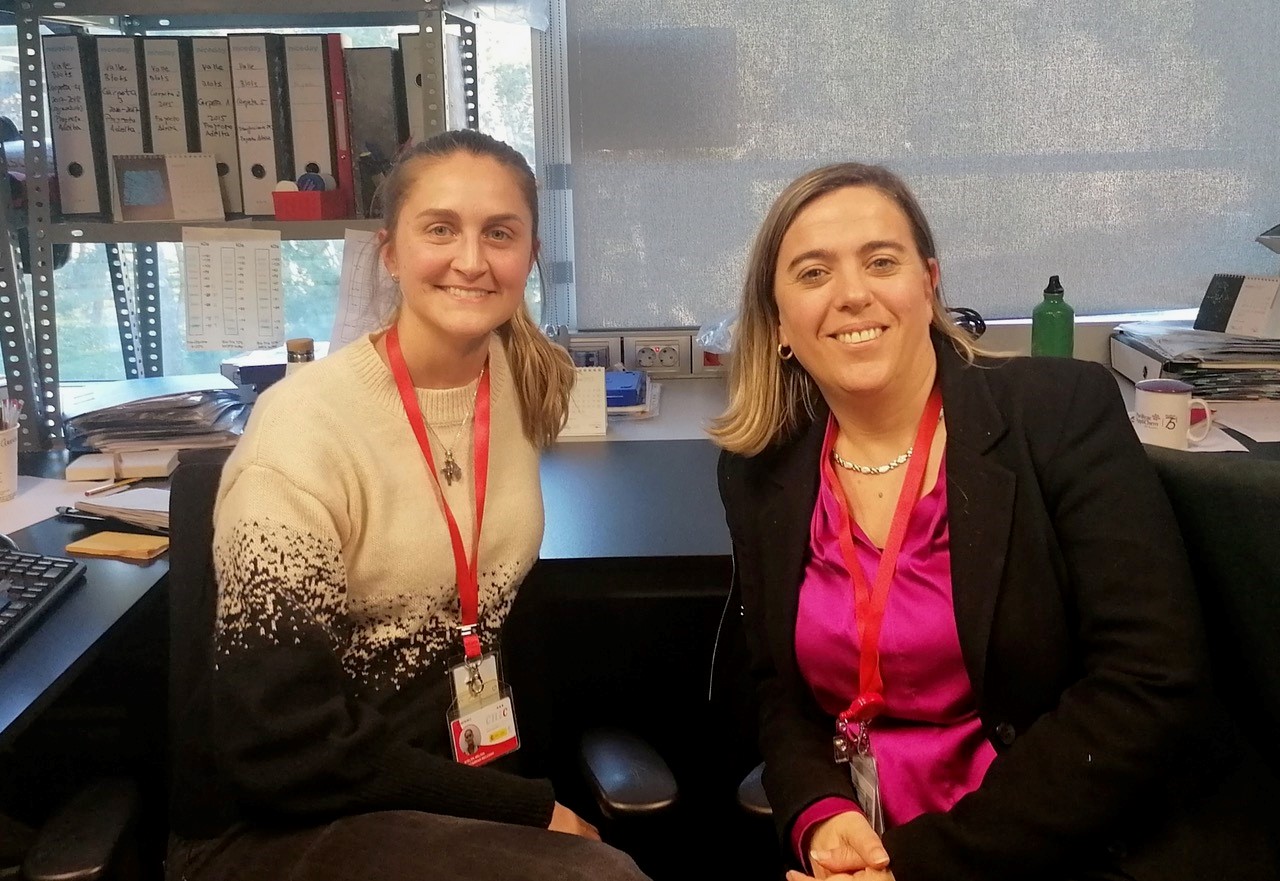News search
|
About the CNIC 15 Mar 2024 The award honours the quality and relevance of his research work in preventive medicine and on current challenges in the field of cardiology |
|
Research 12 Mar 2024 Associate Professor in Molecular Medicine and Principal Researcher of the Vascular Surgery Division at Karolinska Institute |
|
About the CNIC 9 Feb 2024 The National Center for Cardiovascular Research Carlos III (CNIC) is excited to announce the upcoming edition of the CNIC Conferences |
|
Research 1 Feb 2024 A study published in Nature Cardiovascular Research reveals smooth muscle-derived cells as a new target for reducing the size of atherosclerotic plaque. The results open up new avenues for the design of treatments to enhance the beneficial effect of cholesterol-lowering drugs |
|
Research 23 Jan 2024 The most potent genetic risk factor for Alzheimer disease, APOE4, is associated with an elevated risk of developing subclinical atherosclerosis in middle age, whereas the Alzheimer-protective variant of the same gene, APOE2, protects against subclinical atherosclerosis |
|
About the CNIC 19 Jan 2024 The ImnovAth project seeks an innovative approach to treat atherosclerosis |
|
Research 19 Jan 2024 A team led by scientists from the CNIC and CNIO has identified a potential therapeutic target that protects the heart in patients with pulmonary hypertension |
- ‹ previous
- 8 of 53
- next ›
